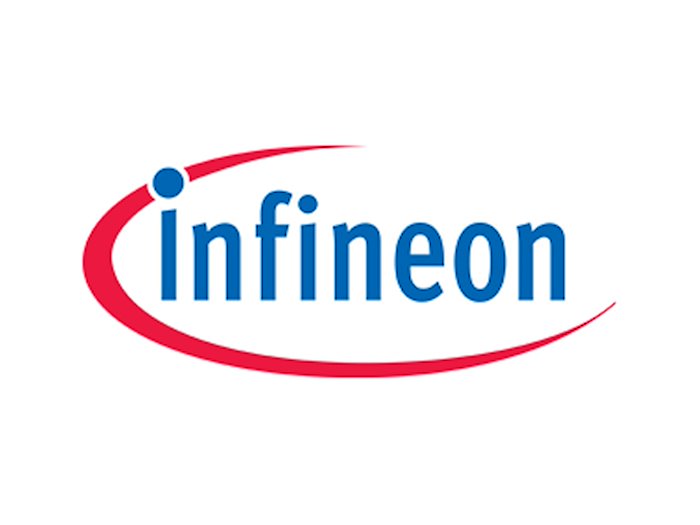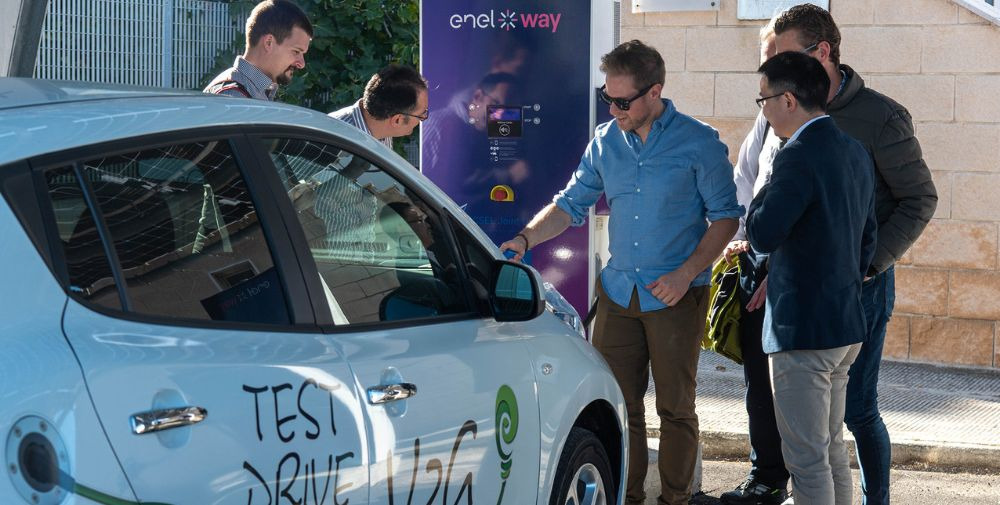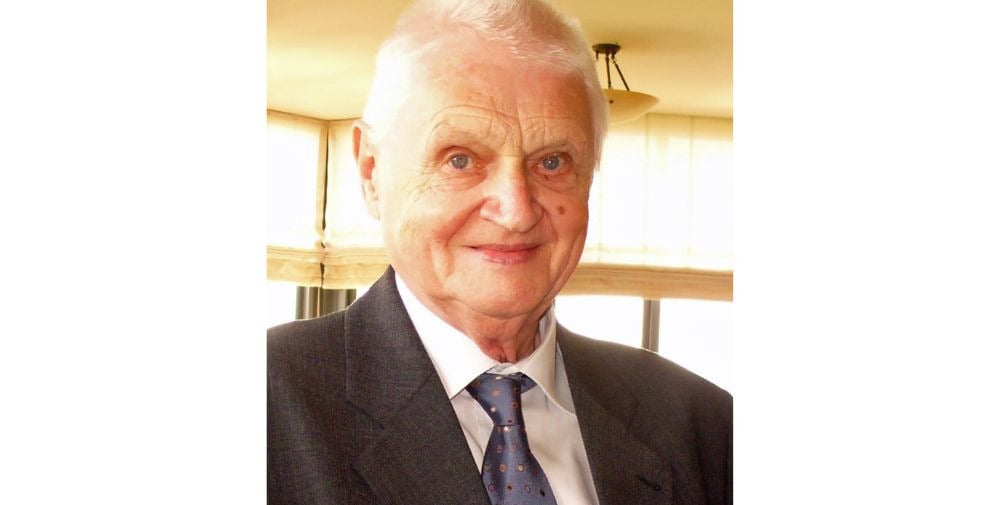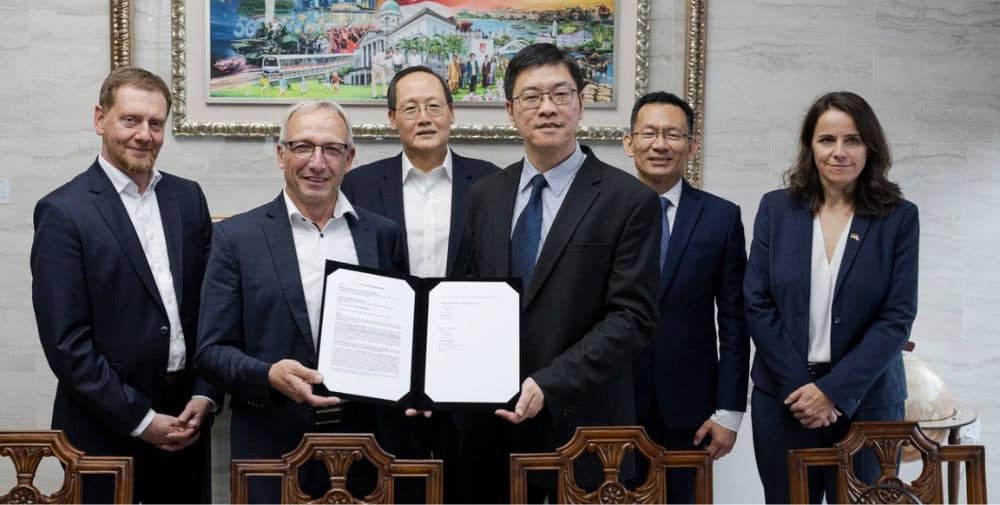
PROGRESSUS was funded with almost 20 million euros by the European Union’s Electronic Components and Systems for European Leadership Joint Undertaking (ECSEL-JU) and the governments of Germany, Italy, the Netherlands, Slovakia and Spain. A total of 22 project partners from industry and research have been involved since 1 April 2020, with Infineon Technologies AG leading the project.
“Decarbonization and electrification go hand in hand. In order for our electricity grids to be able to cope with the growing volumes of electricity and fluctuations in supply and demand, they need to become more efficient and stable. We need new solutions for this,” says Thomas Zollver, Senior Vice President Technology & Innovation of Infineon’s Connected Secure Systems division. “The joint research project PROGRESSUS has been able to develop a whole range of technologies that can make our existing networks more resilient. It thus makes an important contribution to freeing our modern lives from fossil fuels and protecting our climate for future generations.”
The project developed highly efficient electrical power converters that minimize losses and integrate battery storage and renewable energy sources such as photovoltaics: The converters integrate ultra-fast sensors and SiC MOSFETs that can be switched at significantly higher speeds. They can therefore be used in a new, innovative charging management system for battery-powered electric vehicles that reduces peak power consumption by up to 90 percent at site level without significantly increasing charging times. Alternatively, the intelligent charging algorithm allows ten to fifteen times more charging stations on the same grid connection. Hardware-based security solutions provide the best possible protection against manipulation of communication and data in the critical infrastructure of the energy grid. They also provide the basis for being able to track the energy provided from the source of generation to consumption. This would allow consumers to prove that they have used green electricity.
The joint energy management of several buildings can also help to reduce the load on the electricity grids. PROGRESSUS project partners have simulated such an energy management system based on real data from 16 buildings with photovoltaic systems and energy storage systems. The result: the peak load of electricity demand from the public grid could be reduced by up to 80 percent on average through such joint energy management, without neglecting the requirements of consumers. This value for the investigated case depends on the season, weather conditions and the design of the PV and storage systems.
The results of PROGRESSUS thus contribute to new products and services that support the achievement of European climate targets.
The 22 partners of the PROGRESSUS research project
– Ceus UG (DE)
– Centre Tecnològic de Telecomunicacions de Catalunya (ES)
– devolo AG (DE)
– ElaadNL (NL)
– Enel X Way S.r.l. (IT)
– Friedrich-Alexander-Universität Erlangen-Nürnberg (DE)
– Greenflux Assets BV (NL)
– Heliox (NL)
– Hybrid Energy Storage Solutions S.L. (ES)
– Infineon Technologies AG (DE)
– Iquadrat Informatica S.L. (ES)
– Consorzio Nazionale Interuniversitario per la Nanoelettronica (IT)
– Acondicionamiento Tarrasense (LEITAT) (ES)
– Mixed Mode GmbH (new company name: Ingenics Digital GmbH) (DE)
– Politecnico di Bari (IT)
– R-DAS, s.r.o. (SK)
– STMicroelectronics S.r.l. (IT)
– Slovak University of Technology in Bratislava (SK)
– TH Köln (DE)
– Delft University of Technology (NL)
– Eindhoven University of Technology (NL)
– University of Messina (IT)
About Infineon
Infineon Technologies AG is a leading global provider of semiconductor solutions for power systems and the Internet of Things (IoT). With its products and solutions, Infineon is driving decarbonization and digitalization. The company has around 56,200 employees worldwide and generated sales of around 16.3 billion euros in the 2023 financial year (end of September).
– – – – – –
Further links
👉 www.infineon.com
Photo: Ennio Cusano, Politecnico di Bari




